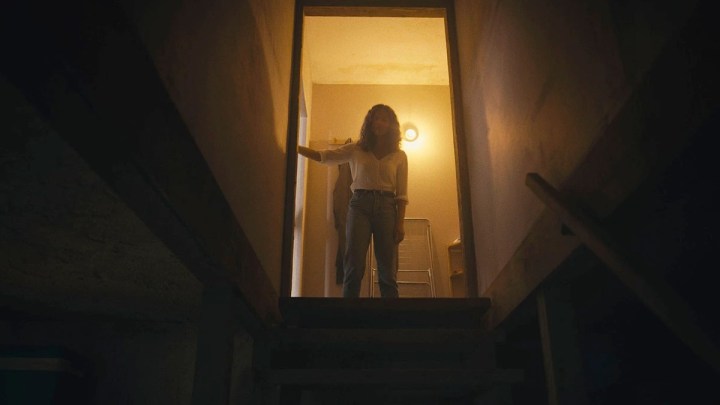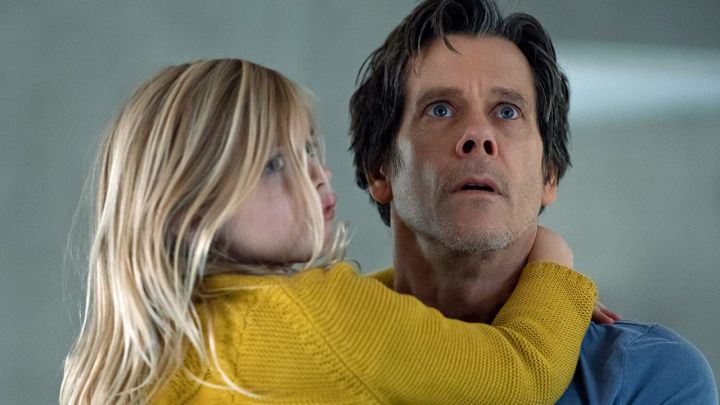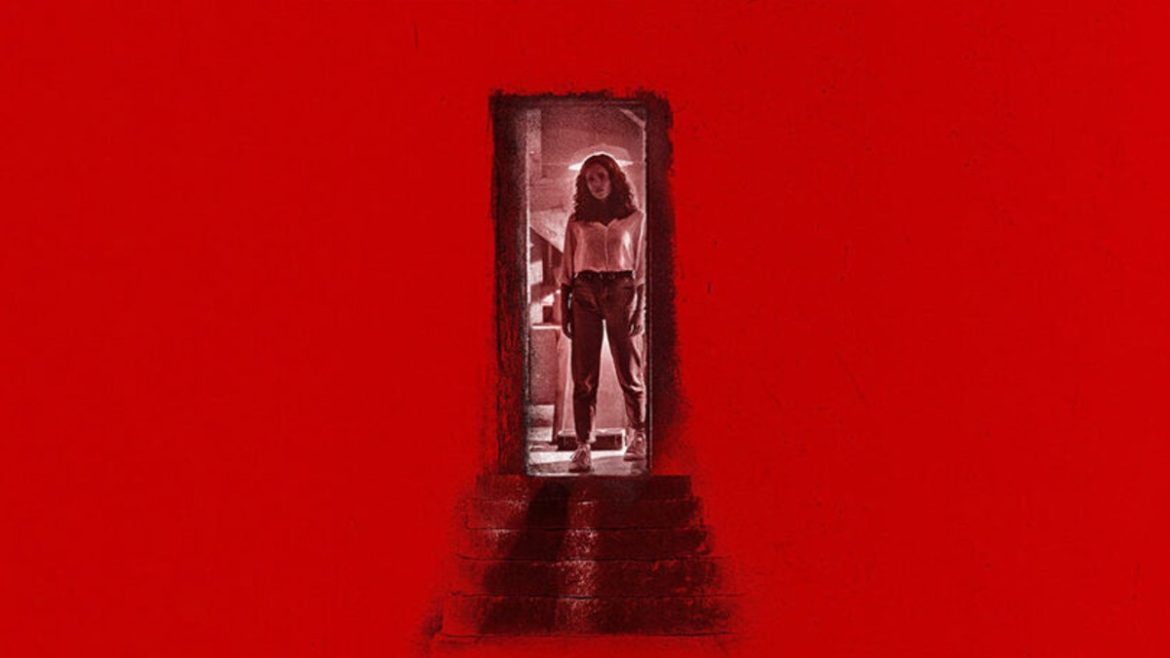I am someone who still likes Airbnb. I recently embarked on my first holiday in three years — a two-week European tour — and I booked Airbnbs for three out of four destinations. Unlike many people, who have no shortage of horror stories about their less-than-charming stays at questionable apartments with dubious hosts, I’ve had mostly positive experiences in my years of using Airbnb. And yet, I understand the trepidation that comes with the service. I’ll never forget one of my first Airbnb bookings was an apartment in Florence, Italy, where my sister and I constantly felt watched throughout the night. As if there was someone or, more disturbingly, something surveying us, lurking from the shadows, making us feel uncomfortable. Uninvited.
The once-groundbreaking company is no longer at the height of its powers, but Airbnb remains very much present in the modern vacation landscape. It might not be the go-to choice for travelers looking to have an actual native experience at a given place, but it’s still a solid option for people on a budget or those wanting to experience a more down-to-earth holiday. However, Airbnb has experienced a recent surge in a place few expected to see it: the horror genre.
Horror is thriving in modern cinema. Perhaps now more than ever, the venerable genre is pushing its boundaries, exploring new themes that push it to evolve past its initial conception. Horror is ever-changing, a genre driven by human curiosity. It has long been a way for directors and writers to study the depths of the human psyche, forcing us to face demons we would rather ignore out of fear of what we might discover. It makes sense that it would be an early adapter of social trends other genres would resist exploring, let alone embracing. Horror films in the past decade have examined everything from the accelerated rise of technology to our increased dependency on it. Most interestingly, horror has taken upon itself to comment on how we relate to each other and experience different things in an increasingly hectic world. Thus, the rise of the Airbnb horror film happened.
Their place, their rules
At first glance, it’s easy to understand the appeal of an Airbnb horror film. You’re living in a stranger’s home, willingly putting yourself inside someone else’s environment. Hotels were already a prime source for horror settings — films like The Shining and 1408 (both of which were adaptations of stories by Stephen King, who was on to something) proved how appropriate the hotel business was for the horror genre. However, Airbnb ups the ante and increases the tension. Unlike a hotel, where you’re among other visitors, thus creating a faux sense of belonging, Airbnb alienates you from them and throws you into the local environment. When staying in an Airbnb, you’re the ultimate fish out of water.
In hindsight, it’s surprising that it took so long for the horror genre to embrace Airbnb, considering the company rose to prominence during the early 2010s. Staying in an Airbnb could make you the star of your own Rosemary’s Baby. To some, it might sound like a challenge; to others, it would seem like the ultimate nightmare. However, like the best horror films, it’s a compelling and ultimately irresistible premise.
Entering a stranger’s property means you are in their territory. This might include suspicious rules, elaborate and exclusive codes, forbidden areas, and questionable security measures. Hotels have cameras, but there are limits to where they can be;, while an Airbnb might have other rules, be it the owner’s or even those of previous guests. The 2020 film The Rental toys with this premise, using surprise security cameras to create conflict between the guests and others. Taking advantage of our common perception of Airbnb, The Rental subverts audiences’ expectations about who the real enemy is.
The Airbnb horror poses a question that the genre has long asked its viewers: Why would you willingly put yourself in a position of potential danger? There are security measures in real life that make these lodgings a viable option for tourists, but those boundaries disappear in the horror genre, paving the way for a nightmare where the protagonist bring about their own demise. By exaggerating the hazards of a rental, the Airbnb horror genre poses a crucial question: how many red flags are we willing to accept when in someone else’s home? The answer is, surprisingly, a lot.
The host from hell

A great host is crucial for an Airbnb’s success. You might not want to rent a place with few or negative reviews; seeing the “Superhost” card besidea potential lodging increases confidence levels. Yet, this mysterious figure can be the ultimate enemy, at least in horror movies. Who else has more power than the host? They control everything, from the initial access to the security codes; they set the rules and place the boundaries or lack thereof. In horror terms, the host might as well be the boogeyman.
Take 2019’s A Perfect Host, about a group of friends who rent an isolated cabin and become entangled with the place’s owner, a bodybuilder with suspicious and potentially nefarious intentions. The 2021 film Superhost follows two YouTubers who book a rental from an eager woman willing to do everything for a four-star review. Both films exploit the trope of the host as an untrustworthy figure. By enhancing their negative qualities, they create an antagonist unique to the Airbnb horror subgenre.
The host can be anything from an obsessive psychopath, à la Norman Bates, to a Jigsaw-like game master. The point is for them to flip the script and provide the terrors. Unlike a run-of-the-mill killer terrorizing unsuspecting teenagers, the host has control over the situation by literally owning the setting. Like a twisted version of Home Alone‘s Kevin McCallister, the evil host is the ultimate hunter, stalking the vulnerable prey. The premise writes itself, and it wouldn’t be surprising that more horror films with evil hosts at their center come out in the near future. The evil host opens the door for countless opportunities, and the horror genre is nothing if not experimental.
The secrets within

Perhaps the scariest part of an Airbnb is the lack of familiarity with the surroundings. A hotel room is just that:a room. It might have a kitchenette or a living area, but it’s still somewhat confined, limiting the options for exploring. On the other hand, an Airbnb rental comes with secrets of its own, particularly when talking about large properties like apartments or cabins.
Barbarian, one of 2022’s best horror films, understands this fear and uses it in its favor. It not only features one of the most genuinely disturbing villains in modern horror, but also employs its setting and unique characteristics to their fullest. Barbarian knows we fear what we do not know, and what’s scarier than what lurks beneath? Similarly, 2020’s You Should Have Left uses its setting — an isolated rental home — to tell an old-fashioned story about hell on earth. Curses within homes are a favorite narrative for horror films, but the Airbnb home has an extra layer of discomfort; this isn’t your home, and it will never be your home. Nothing is forcing you to stay within those walls but yourself. In a way, you might be the true antagonist of the Airbnb horror.
Houses have histories and secrets lurking beneath every carpet and behind every wall. But who wants to know them all? If the horror genre has taught us anything it’s that nothing good comes out of looking into the dark room from which a conspicuous sound is heard. When it comes to Airbnbs, the less we know, the better. The words “don’t go in there” have never rung more true.
A new kind of nightmare

As Airbnb falls out of fashion, we must wonder: is the Airbnb horror film dying before it even begins to live properly? Is Barbarian the last hurrah of a subgenre that never quite took off? Unlikely. Horror has a way of keeping places relevant by claiming them as their own; motels have largely fallen out of use, yet they remain a popular setting for road films and hitchhiker nightmares. Sororities aren’t nearly half as relevant as they were in the latter part of the 20th century, yet, if a slasher film taking place in a sorority came out tomorrow, we would have no problem believing it.
Moreover, even if Airbnb disappears in the next decade, it will remain a landmark of a particular time and place, summarizing the experimental and early-adopter vibe of the 2010s. Hollywood loves to look to the past for inspiration, especially when it comes to horror. Nightmarish Airbnbs of the 2010s might substitute rural farmhouses of the ’70s as horror’s new go-to location.
Still, chances are the Airbnb horror film is here to stay. It is unique and compelling, allowing a wide array of stories to be told within its confines. Rentals, especially isolated ones, carry considerable baggage from previous landlords and guests, creating a chaotic and potentially deadly collage of experiences that make them ideal locations for a terror flick. The horror genre lives and dies with our fear of the unknown, the dangers of uncharted territory; what’s more mysterious than a stranger’s place? There’s a morbid appeal in entering someone else’s domain, a guilty sense of curiosity that drives us to know more about our surroundings. But curiosity killed the cat, and the horror genre proves it.
If anything will kill the Airbnb film, it’s cinema’s own interest in it. But we’re in 2022, and horror stories about hotels remain as popular as they were when Hitchcock made Psycho; if those narratives survived to this day, so can the Airbnb horror. So here’s to the rising subgenre of horror that no one saw coming. May Airbnbs reign long and prosper alongside haunted manors, old hotels, ghost towns, and dilapidated manors as the locations for our communal nightmares.
Editors’ Recommendations

